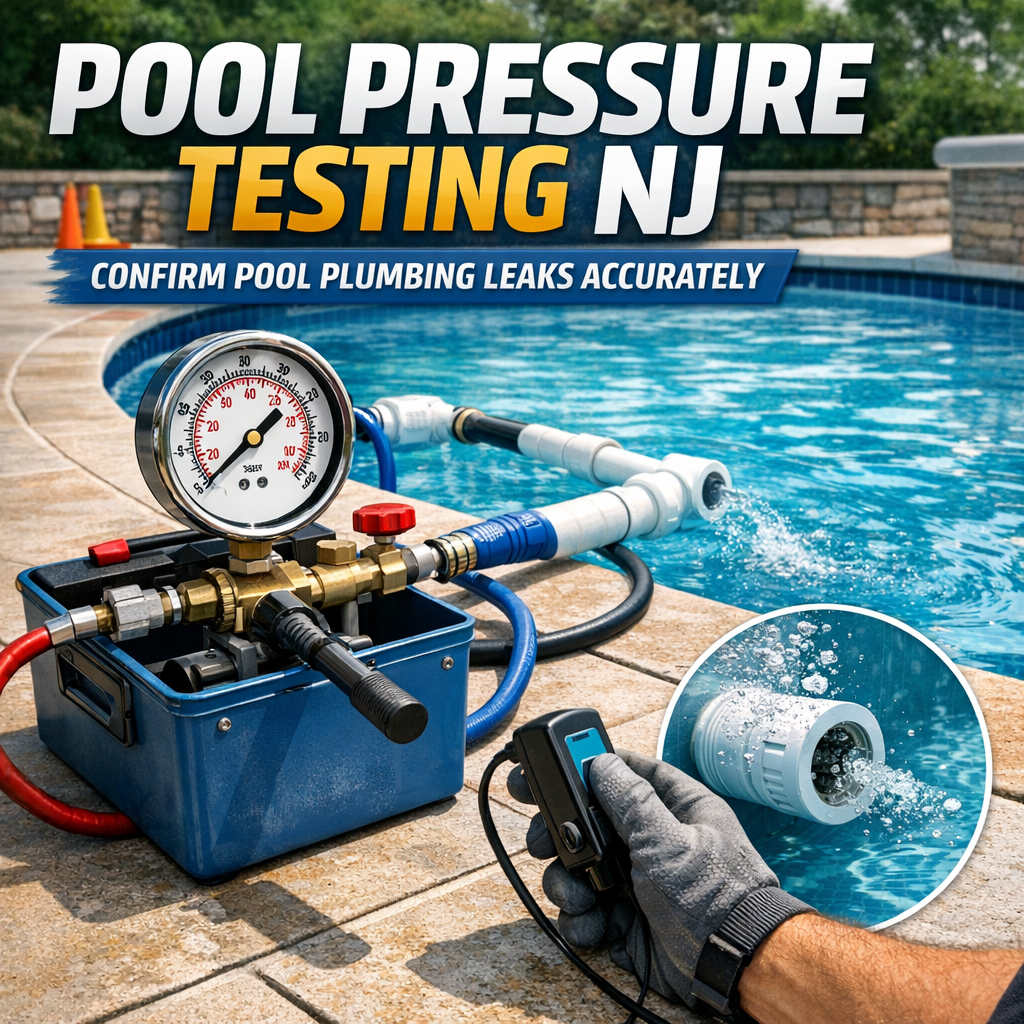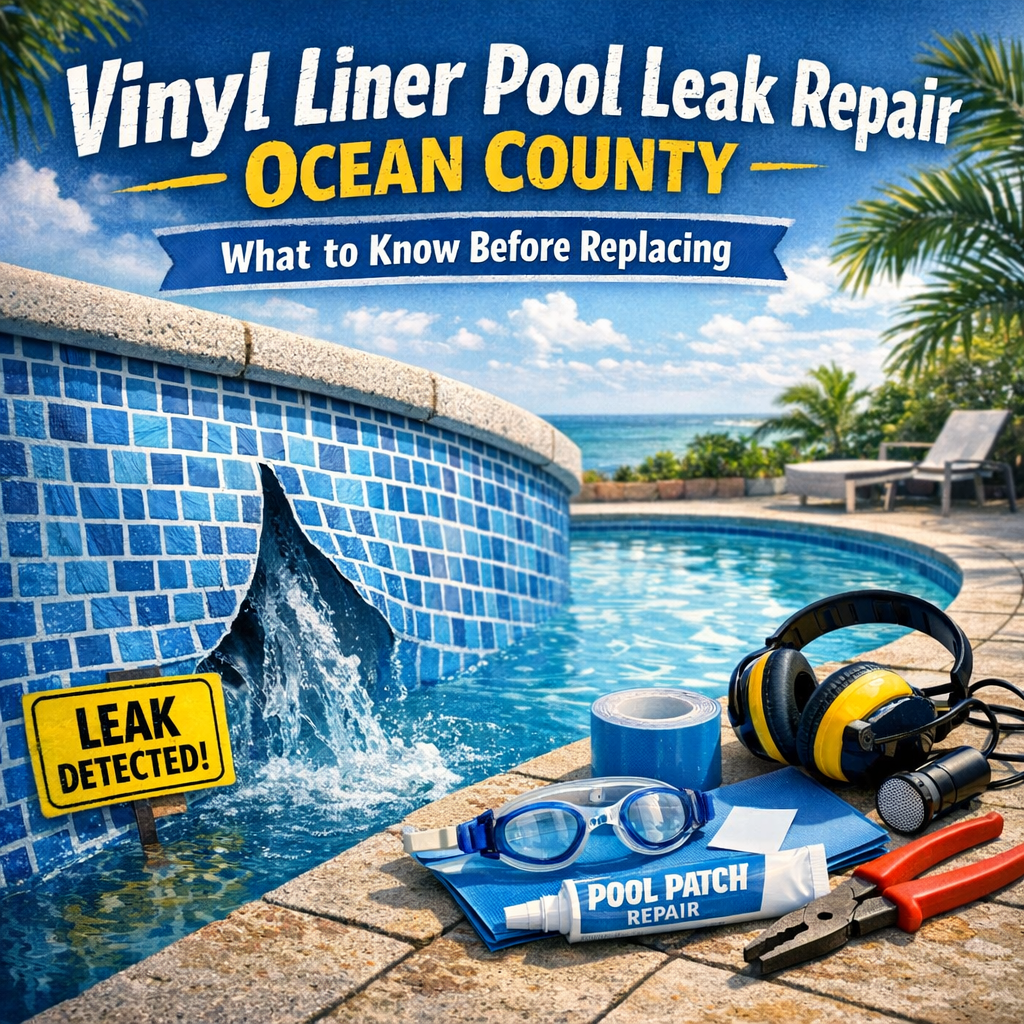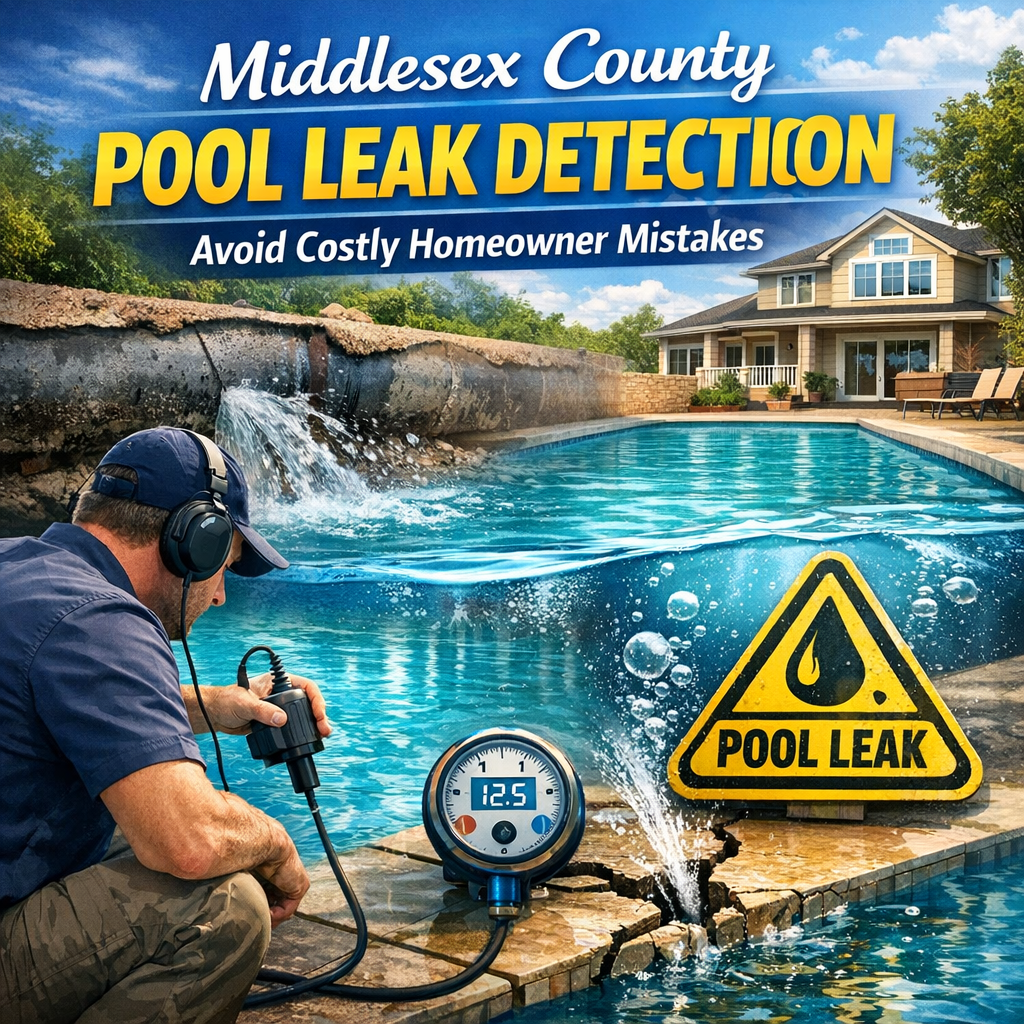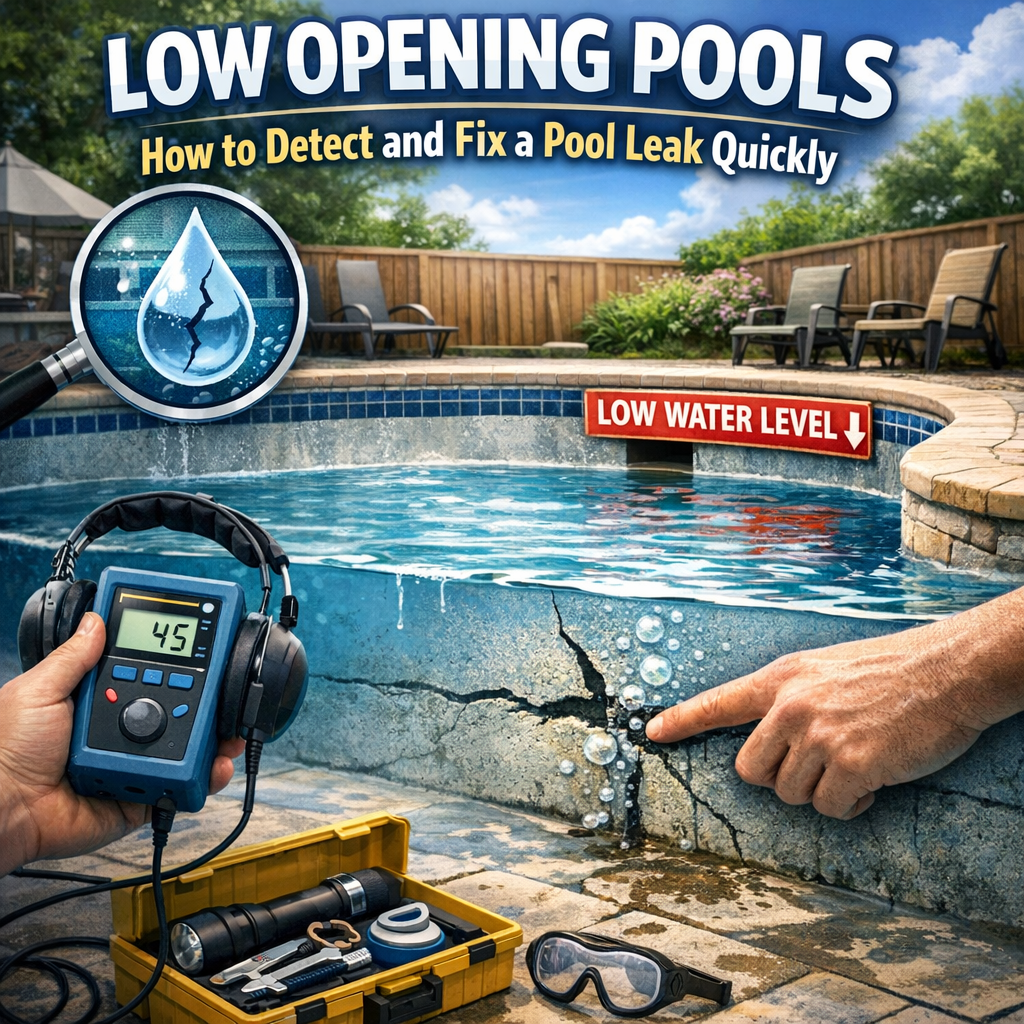Installing a pool is a significant investment that promises enjoyment and relaxation. However, in Jackson, where soft soil conditions are prevalent, pool owners face unique challenges related to ground stability and potential leaks. Understanding how soft soil influences pool integrity, recognizing the signs of leaks early, and implementing preventative measures are essential steps to ensure the longevity and safety of your pool. This article explores these aspects to help Jackson pool owners make informed decisions and maintain their pools effectively.
Understanding How Soft Soil Affects Pool Stability in Jackson
Soft soil, common in Jackson, poses particular risks to the stability of installed pools due to its low bearing capacity and tendency to shift or settle over time. When a pool is built on such ground, the uneven or unstable foundation can lead to shifting or settling of the pool structure, which increases stress on the shell and plumbing systems. This instability can cause cracks, misalignments, or even partial collapse if not properly addressed. Additionally, soft soil often retains water, which can further weaken the ground beneath the pool, exacerbating movement and increasing the likelihood of structural damage. Proper assessment of soil conditions and foundation preparation are crucial in mitigating these risks and ensuring the pool remains secure and functional over its lifespan.
Common Signs of Pool Leaks in Soft-Soil Environments
Detecting pool leaks early is vital, especially in soft soil environments where ground movement can mask or complicate leak identification. Common signs include unexplained drops in water level despite no usage, persistent wet spots or soggy areas around the pool, and increased water bills indicating water loss. In soft soil areas, these signs may be subtle or delayed because the ground’s moisture retention can mask minor leaks. Other indicators include the appearance of cracks on the pool surface or surrounding decking, uneven settling of the pool structure, and the presence of air or water bubbles in the pool’s plumbing lines. Recognizing these signs promptly allows for timely repairs, preventing further damage caused by ground shifts and water loss.
Preventative Measures to Protect Jackson Pools from Leak Risks
To safeguard pools built on soft soil in Jackson, proactive measures should be implemented during construction and maintenance. These include thorough soil testing and proper site assessment to determine the soil’s load-bearing capacity. Engineers often recommend soil stabilization techniques such as compaction, the addition of gravel or sand layers, or the installation of a stable, reinforced foundation like a concrete slab or geogrid reinforcement. Installing a leak detection system and regular inspection routines can help spot early signs of leaks before they cause significant damage. Additionally, maintaining proper water levels and ensuring correct backfilling around the pool can minimize ground movement. By investing in these preventative strategies, pool owners can significantly reduce the risks associated with soft soil, preserving the integrity and longevity of their Jackson pools.
Understanding the unique challenges posed by soft soil in Jackson is essential for maintaining a safe, durable, and leak-free pool. Recognizing the impacts of soil conditions, monitoring for early signs of leaks, and taking preventative steps can help mitigate risks and protect your investment. With careful planning and ongoing maintenance, pool owners can enjoy their pools for years to come, even in challenging ground environments.






